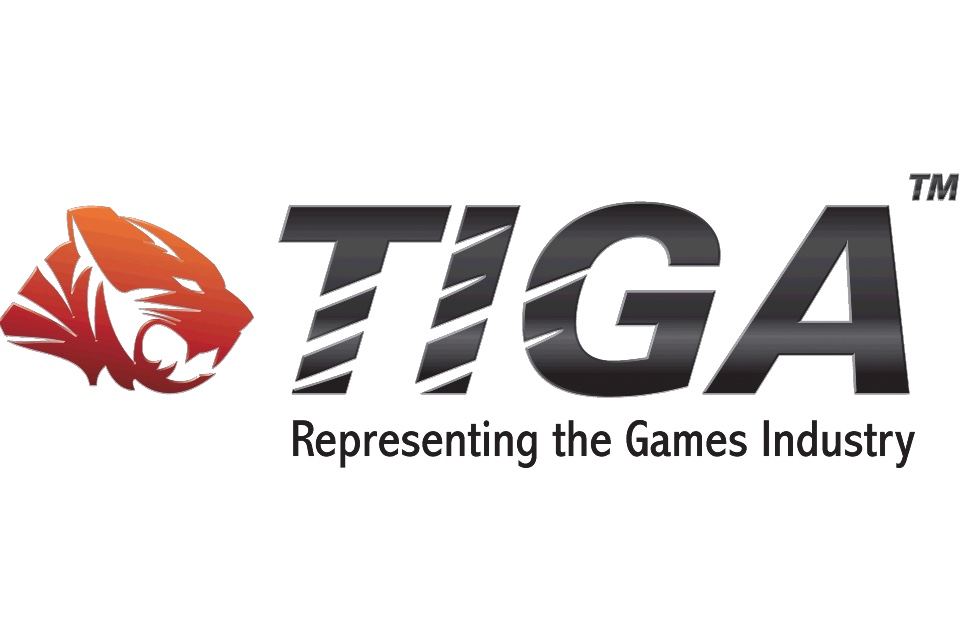
TIGA, the trade association representing the UK video games industry, has today submitted seven proposals ahead of the Autumn Statement. TIGA recognises that the Government will want to address a range of important issues, not least measures to address the cost of living crisis. Yet it remains crucial for the Government to enhance the ability of businesses, including those in the video games industry, to generate the wealth upon which the UK’s public services depend.
Summary of TIGA Proposals:
- An increase in the generosity of the newly proposed Video Games Expenditure Credit (VGEC). TIGA recommends an increase in the VGEC rate from 34 to 39 per cent of qualifying expenditure (which is the level proposed for children’s TV and animation under the Government’s new plans).
- Include ‘connected party profit’ as qualifying expenditure in the new VGEC.The Government has announced proposals to exclude ‘connected party profit’ from qualifying expenditure for the VGEC. This could damage many games businesses and harm employment, as it may result in a lower subsidy and higher man-month cost. HMRC should align VGEC with Video Games Tax Relief and adopt the same transfer pricing rules as found in VGTR. Video Games Tax Relief allows ‘a reasonable mark-up on underlying staff costs’ between connected parties, employing the arm’s length principle established by OECD.[1]
- The establishment of a Video Games Investment Fund (VGIF) to provide pound-for-pound match funding of between £75,000 and £500,000 to games developers throughout the UK.
- The establishment of an Industrial Secondments Programme (ISP) to enhance skills development in video games and so support students, lecturers and industry.
- The reinstatement of the Skills Investment Fund (SIF) to provide matched funding for games industry skill development.
- Funding for BTECs should be retained and enhanced and suitable T-Levels should be developed and funded to bolster the supply of talent to work in the UK’s high skills video games industry.
- The UK Games Fund should continue to receive support. The Fund offers grants of up to £25,000 to businesses looking to build game prototypes and a Content Fund.
Dr Richard Wilson OBE, TIGA CEO, said:
“The Government can encourage further growth in the video games sector by taking forward seven TIGA policies. Enhancing the VGEC will drive investment and employment in the sector. Introducing a VGIF and maintaining the UK Games Fund will improve studios’ access to finance, and their ability to expand. Introducing an Industrial Secondments Programme and a Skills Investment Fund will promote workforce development. Continuing to fund BTECs and developing suitable T-Levels will promote the supply of talent available to work in the sector.
“If the Government takes these seven policies forward then it can help drive employment, investment and growth in our highly-skilled, regionally based, export-oriented sector.”
Jason Kingsley OBE, TIGA Chairman and CEO and Creative Director at Rebellion, stated:
“The Government should take forward TIGA’s proposals to reinforce growth in one of the UK’s leading creative industries. Video games development provides highly skilled employment in clusters around the UK in an export-focused industry. Strengthening the industry through TIGA’s seven proposals will stimulate economic growth and enable our industry to secure a larger share of the global market for video games production.”
About TIGA
TIGA is the trade association for the UK video games industry. TIGA’s vision is to make the UK the best place in the world to develop video games. To this end, TIGA:
- engages with policymakers to create an environment favourable to video games development;
- enhances education and skills through our accreditation programme, the TIGA Games Education Awardsand our education conference;
- promotes best practice through our membership services, including the TIGA STAR Employer Awardand the TIGA Games Industry Awards;
- conducts primary research into the games sector, surveying hundreds of companies each year about the business environment, support policies and the health of the industry.
Video Games Tax Relief, a measure TIGA was instrumental in achieving, has been available to UK games companies since August 2014 and has driven growth in the sector. See: https://tiga.org/policy-and-public-affairs/games-tax-relief
Get in touch:
Tel: 0845 468 2330
Email: info@tiga.org
Web: www.tiga.org
Twitter: www.twitter.com/tigamovement
Facebook: www.facebook.com/TIGAMovement
LinkedIn: http://www.linkedin.com/company/tiga
- Conduct a robust transfer pricing analysis, applying the OECD Transfer Pricing Guidelines (VGDC80060); or
- Identify suitable third party comparables of production fees and man-month rates charged in transactions between external, independent parties.
In both cases, HMRC expects the claimant company to be able to demonstrate that its method produces a just and reasonable mark-up rate, such as may be expected between unconnected parties in an arm’s length transaction.” Source: https://www.gov.uk/hmrc-internal-manuals/video-games-development-company-manual/vgdc80030

